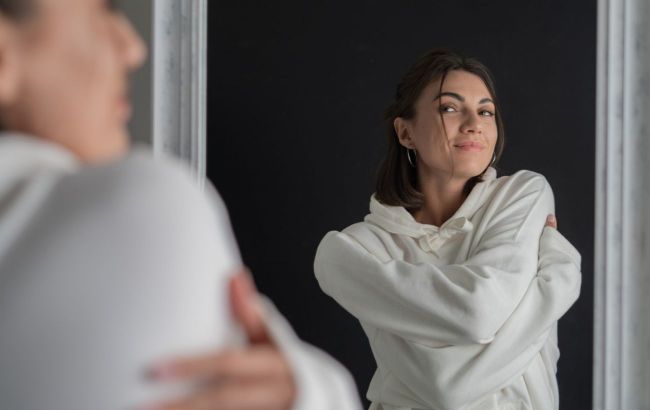Learning self-forgiveness: Building healthy relationships with world
 Illustrative photo (Photo: freepik.com)
Illustrative photo (Photo: freepik.com)
Forgiving oneself for certain actions can be quite challenging, as each of us has an internal conflict or conflict with others. It may not be evident, but it manifests itself in critical situations. Learn how to finally forgive yourself for everything, according to the psychological portal Her Support on Instagram.
Forgiving oneself for certain actions can sometimes be quite challenging, as each of us has an internal conflict or conflict with others. It may not be evident, but it manifests itself in critical situations.
If you have the opportunity to revisit the topic and discuss it with someone, for example, someone you offended, do it. Ask for forgiveness again, find out how you can rectify the situation so that you both feel relief.
If you are rude, aggressive, or unfair to someone, it doesn't immediately make you a bad person. Sometimes we go through difficult moments when we can't control our emotions and may lash out at people who have nothing to do with it. Our state doesn't justify our actions, but it's not worth constantly blaming ourselves for it.
It's important to distinguish whether this is truly recurring and something that needs to be addressed, or if it's a one-time occurrence where acknowledging your mistake and, if possible, apologizing is enough.
 How to learn to forgive yourself (photo: Freepik)
How to learn to forgive yourself (photo: Freepik)
When it comes to losing loved ones, people experience very complex emotions and states and may blame themselves for what happened. Everyone has the right to experience this loss, and feelings of guilt, but it's important not to get stuck in it.
Guilt is about helplessness and lack of control when it seems like nothing can be done. But there's always something you can find that you still control. Ask yourself what you can do now to ease this process and direct your feelings into productive channels.
What to do to forgive yourself for everything
To help yourself cope with these emotions, you can try writing a letter to the person you feel guilty about. Or write yourself a reverse letter from this person — you don't have to send them.
Try to answer yourself honestly why you acted that way at the time, what prompted you to do so, and what information was lacking to make a better decision now.
Then you can analyze the consequences and figure out how not to repeat this again.
For example, make a list of what this situation has taught you: "It taught me to choose my words more carefully when I'm too emotional," "It helped me understand that I need to listen carefully to my partner before making a decision."
Earlier, we talked about the signs of unhealthy and healthy personal boundaries.

